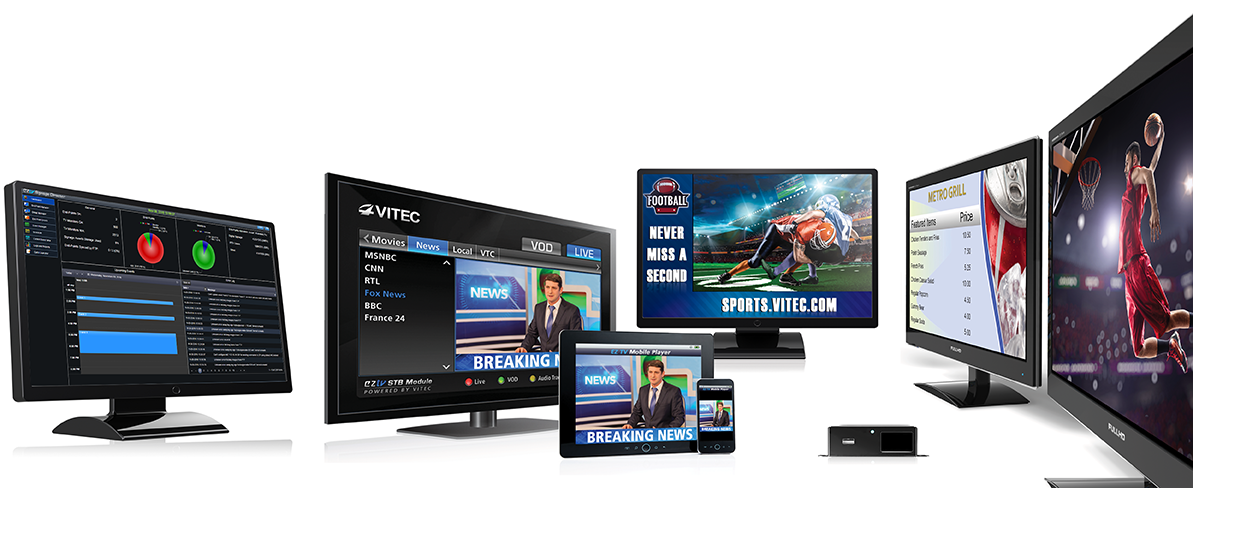What Makes a Product AV Install Specific?
 From the outside looking in, there doesn’t seem to be much of a distinction between the CE retail and AV install channels, yet the distinction is there. It may be somewhat blurred and move back and forth from time to time, but the line is there and residential AV pros need to be aware of it.
From the outside looking in, there doesn’t seem to be much of a distinction between the CE retail and AV install channels, yet the distinction is there. It may be somewhat blurred and move back and forth from time to time, but the line is there and residential AV pros need to be aware of it.
By the nature of what they do — building integrated systems — AV pros have specific requirements for the product lines they work with that are seldom best served by retail products. The installers for big-box retail hang flat panel TVs, but not all TV’s are suited to video distribution and central control, so a lineup of video displays that’s fine for cash-and-carry retail isn’t necessarily the right fit for system building.
And since the pace of change in AV is never-ending, the task of determining which new products are right for your products is never ending. Fortunately, there’s a process (there’s always a process!) to determine that.
Some things that make a product a good choice for AV pros are obvious and others are less so. The most obvious is to determine how well the product integrates. Can it be controlled, and by what means?
One of the requirements of a finished system is simple operation and user-friendliness and that end result is a direct consequence of how seamlessly everything works together.
The fact that so many devices are IP-connected and network controllable has been a huge boon to integrated AV systems, but just because a device has network capabilities doesn’t always mean it’s controllable. Plenty of video devices have internet functionality, for example, but not all of them are completely controllable via the network. So some research is required and this is something you can usually count on our control system vendor to be on top of.
Moving away from the overtly technical, there’s also the dealer/supplier relationship with who you get your products for. Because of how the AV business works, supplier relationships differ from the relationships retailers have.
Residential AV dealers expect that the brands they sell will at least have a pretense of exclusivity. As a distributor rep, the first question I’m most often asked when presenting technical brands to installing dealers is “who else is going to have these?” By “who else?”, they always mean, “Is this going to be in a big box too?”
Further, they expect that the product vendors they buy from understand the technical and business details of the residential AV channel, which makes them a more understanding partner.
Generally speaking, specialty AV install companies aren’t interested in negotiating year-end volume rebates. They’re not in the business of moving weight in video displays; they’re in the business of delivering finished systems. How a vendor can help them do that profitably is more interesting.
Which brings me to my next point: what level of service and support does the vendor provide? Today, mass market electronics have a note in the box with an 800-number advising the customer: “PROBLEMS? DO NOT RETURN PRODUCT TO STORE! CALL US!” The service provided to the retail end user is in the hands of the insurance company that underwrites the extended warranty.
AV install dealers have substantially different expectations for their suppliers — not just in terms of after-sales warranty support, but in the level of tech support before the sale.
I’ll use as an example a product category that’s dear to my heart: LTE signal boosters. While my network of installing dealers are highly knowledgeable, when they do have questions, whether it’s a 5000-square-foot residential installation or a 20,000-square-foot commercial/industrial project, they expect comprehensive support. Whether it’s a simple tech question or if they require more intensive assistance engineering the system, that’s a requirement they have that retailers who stock basic cash and carry signal boosters don’t ask for.





